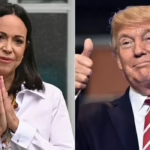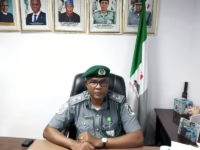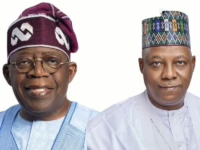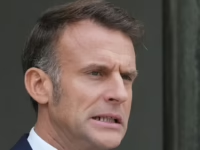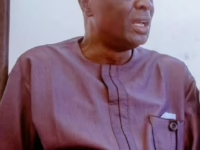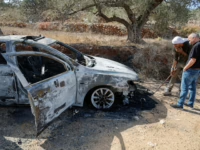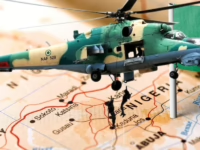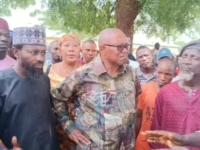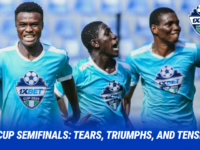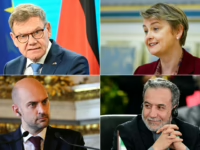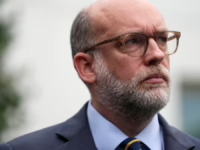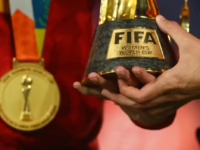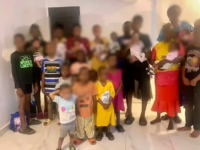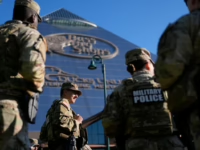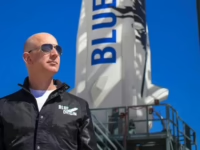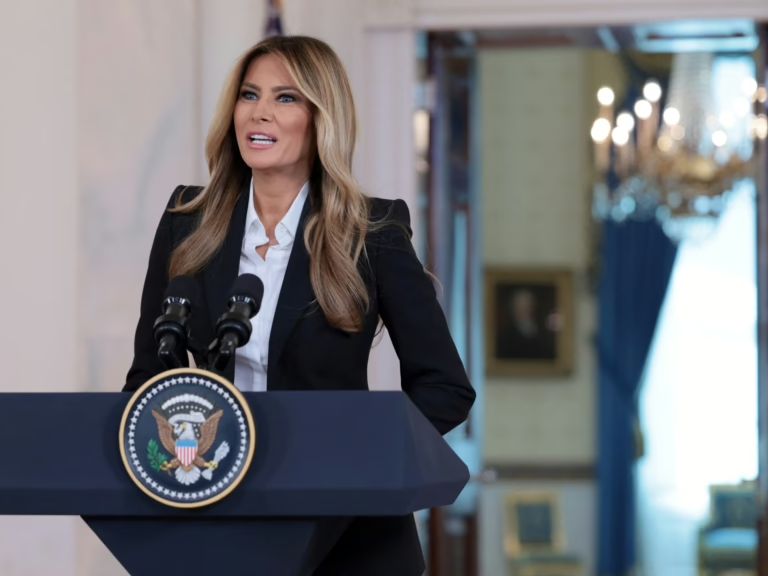Melania Trump, spouse of former U.S. President Donald Trump, has disclosed her involvement in diplomatic efforts with Russian authorities aimed at facilitating the return of eight children displaced amid the ongoing conflict in Ukraine.
During a concise six-minute address from the White House on Friday, the First Lady shared that she has established a direct communication line with Russian President Vladimir Putin. Through this channel, discussions have been underway regarding the repatriation of these children.
“My envoy has been engaging directly with President Putin’s team to guarantee the safe reunification of children separated from their families between Russia and Ukraine,” Melania stated. “In the last 24 hours alone, eight children have been successfully reunited with their loved ones.”
Since Russia launched its large-scale invasion of Ukraine in February 2022, thousands of Ukrainian minors have been forcibly relocated. Many have been placed in institutions focused on ideological re-education or military training, while others have been adopted by Russian families. Only a small fraction have managed to return to their original homes in Ukraine.
Ukrainian officials report that approximately 19,546 children have been taken to Russia, with just 1,605 having been returned so far.
This widespread removal of children has led to criminal accusations against President Putin at the International Criminal Court (ICC). In March 2023, the ICC issued an arrest warrant citing the “illegal deportation” of children as a war crime and a breach of the Rome Statute.
Although Russia is not a signatory to the Rome Statute-the ICC’s founding treaty-Ukraine is a member state.
The Kremlin has condemned the arrest warrant as “outrageous and unacceptable,” rejecting the court’s jurisdiction. Russia continues to deny allegations of abducting Ukrainian children.
Commendation for Constructive Dialogue
In her remarks, Melania Trump refrained from mentioning the ICC arrest warrant or the human rights violations linked to the mass child abductions. She also avoided directly blaming Russia.
Opening with the poignant reflection, “A child’s spirit transcends borders and flags,” she emphasized the importance of humanitarian cooperation.
She expressed gratitude for Russia’s participation in confidential discussions and phone calls conducted “in good faith.”
“Over the past three months, I have gained significant insight into this issue,” Melania noted. “Russia has shown a readiness to provide transparent and comprehensive information regarding the current circumstances.”
The eight children returned recently were identified through a “comprehensive report” detailing their backgrounds and situations, she explained.
Additionally, Russia supplied documentation verifying the social, medical, and psychological care provided to the Ukrainian children.
Her comments suggested that among the children involved was at least one Russian minor displaced by the conflict.
“Each child has endured hardship due to the war in Ukraine,” the First Lady said. “Three were separated from their parents and relocated to Russia because of frontline hostilities. The other five were separated across borders, including a young girl who has now been reunited from Ukraine to Russia.”
Continuing Efforts Following the Alaska Meeting
This brief address follows nearly three months after Donald Trump’s meeting with Vladimir Putin in Alaska on August 15.
The summit fell short of expectations for progress toward a ceasefire in Ukraine. It marked Putin’s first visit to the U.S. since 2015, with critics accusing him of using the occasion to showcase his rapport with Trump, who welcomed him with a red carpet and a shared ride in the presidential limousine.
During the summit, President Trump delivered a letter from Melania Trump to Putin, appealing for consideration of the children’s suffering amid the conflict.
Similar to her recent speech, the letter avoided direct references to the mass abductions, instead focusing on universal humanitarian themes.
“In today’s world, some children carry a quiet laughter untouched by the surrounding darkness-a silent resistance against forces threatening their future,” Melania wrote. “Mr. Putin, you have the power to restore their joyful laughter. By protecting these children’s innocence, you serve not only Russia but humanity as a whole.”
Since beginning his second term, Donald Trump has sought to pressure both Putin and Ukrainian President Volodymyr Zelenskyy to negotiate an end to the war, though a ceasefire remains out of reach.
Ukraine’s Ongoing Advocacy
Throughout the conflict, Ukraine has actively campaigned for the return of children forcibly taken from their homes. Recently, Andriy Yermak, head of Ukraine’s presidential office, provided an update on these efforts via social media.
Yermak reported that 23 Ukrainian children had been “rescued” from Russian-controlled areas. He recounted the story of a mother and her daughters who had their identification documents confiscated to prevent escape.
“Two sisters, aged 11 and 14, were compelled by occupying forces to attend Russian schools, with their mother threatened that the children would be taken away if she resisted,” Yermak shared.
“One teenage boy lost his guardianship during the occupation and was pressured to obtain a Russian passport, yet he refused to attend Russian school on principle.”
A recent 28-page report from the Yale School of Public Health mapped the destinations of many of the “stolen” Ukrainian children. It identified 210 facilities ranging from summer camps and orphanages to military installations.
More than 61% of these centers reportedly implement “re-education” programs designed to instill pro-Russian ideologies. Over 18% are believed to conduct “militarization” activities, including military training and manufacturing equipment such as drones.
“The consequences of these alleged crimes by the Russian government are expected to leave deep, generational wounds,” the report warns.
International law, including the Geneva Convention and the United Nations Convention on the Rights of the Child, provides protections for minors during armed conflicts. As of last year, over 737,000 children have been displaced within Ukraine, with more than 1.7 million registered as refugees.
UN human rights chief Volker Turk condemned Russia’s actions earlier this year, describing the suffering inflicted on Ukrainian children as “unimaginable.”


